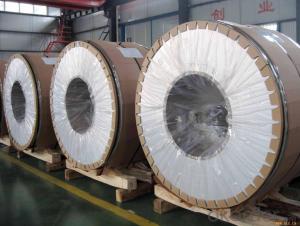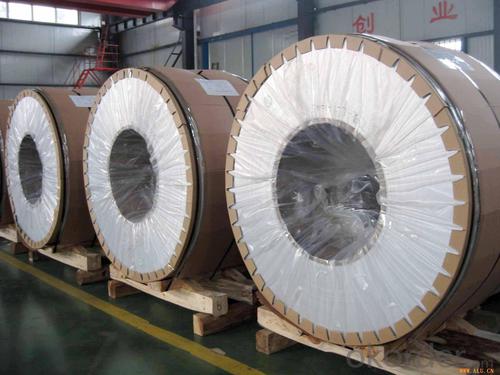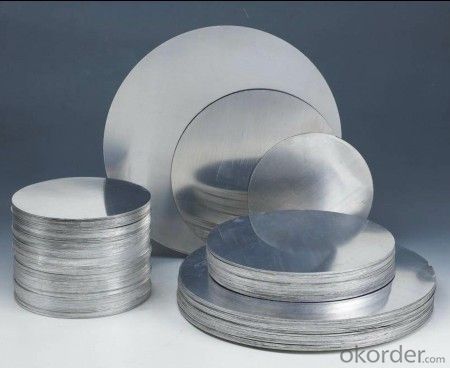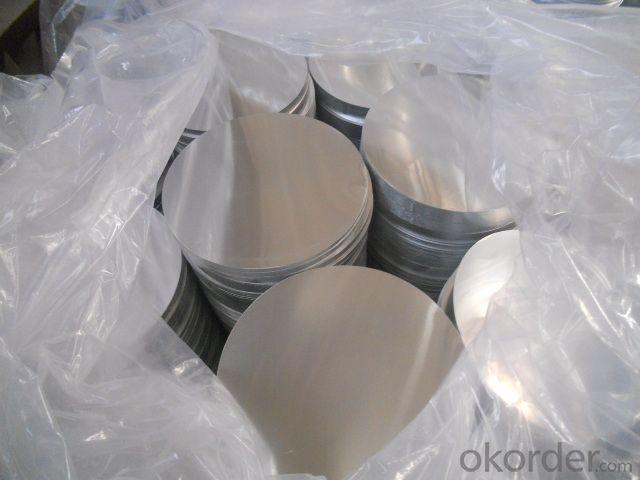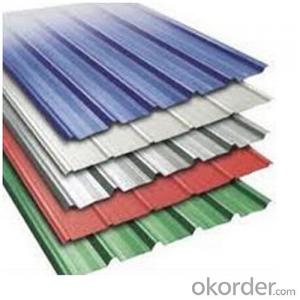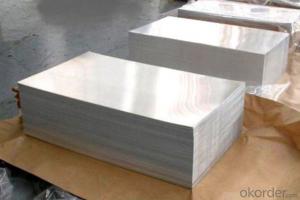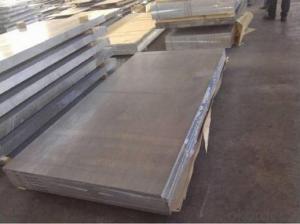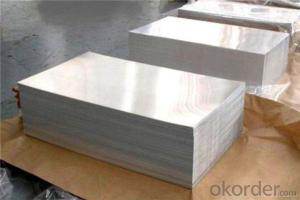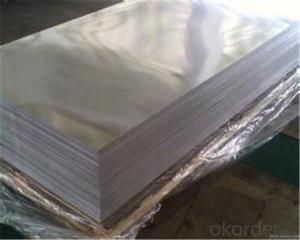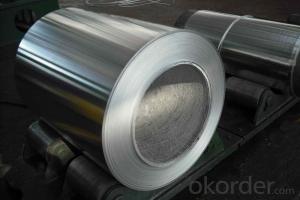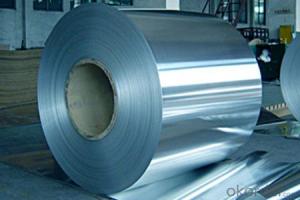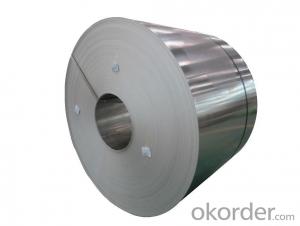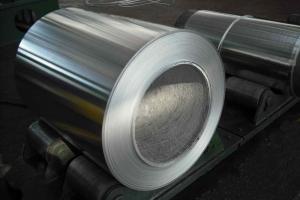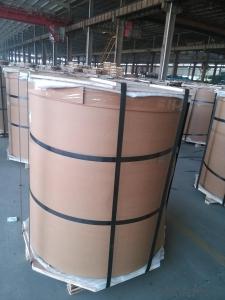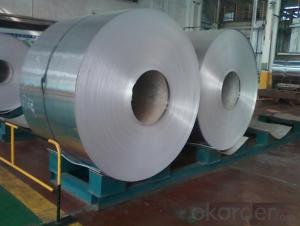Aluminum Sheets for Enclosed Trailers - Direct Casting Aluminium Coils for Food Pot AA1050
- Loading Port:
- Shanghai
- Payment Terms:
- TT OR LC
- Min Order Qty:
- 2 m.t.
- Supply Capability:
- 20000 m.t./month
OKorder Service Pledge
OKorder Financial Service
You Might Also Like
Specification
1.Structure of Direct Casting Aluminium Coils for Food Pot AA1050
Direct Casting Aluminium Coils for Food Pot AA1050 for Re-rolling are widly used in decoration field. For the painting, it depends on the using evironment. If you use in the open air, we recommend the PVDF coated aluminium coils. This kind of painting can last 15-20 years. If you use in the room, we recommend PE coated aluminium coils. The price is much more competitive.
2. Main features of Direct Casting Aluminium Coils for Food Pot AA1050
a.Competitive price---We have our own mills and can produce mill finished aluminium coils, so we can control the production cost better.
b.Professional after-sale service---We have more than 15 years exportation experience and you need not worry about the exporation problems.
c.Fast delivery time---We can control the delivery time within 35 days.
3. Image of Direct Casting Aluminium Coils for Food Pot AA1050
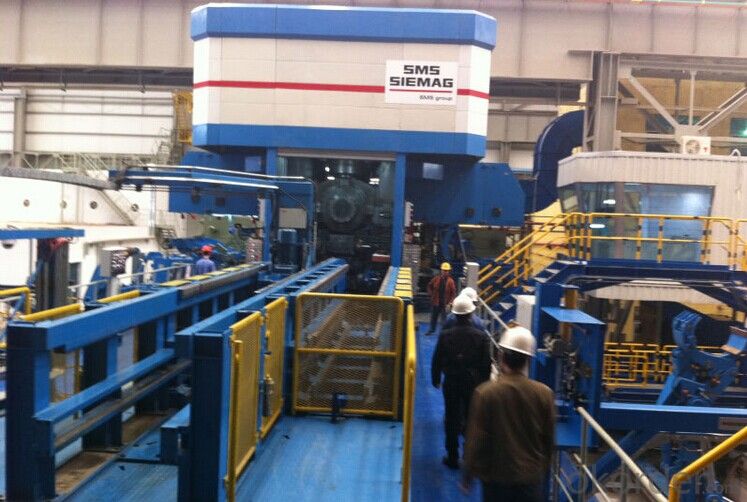
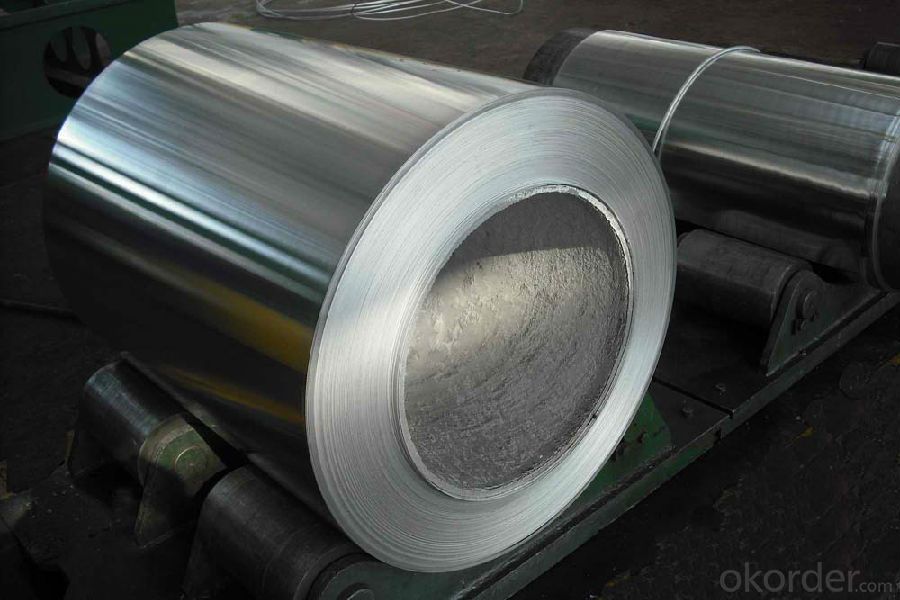
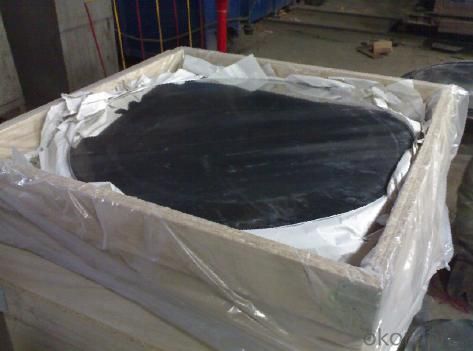
4. Product Specification of Direct Casting Aluminium Coils for Food Pot AA1050
| Alloy | Temper | Rolling | Thickness | Width |
| AA1050 | F | Hot Rolled | 0.2MM-2MM | 1000MM-1500MM |
5.FAQ of Direct Casting Aluminium Coils for Food Pot AA1050
What is the quality standard?
---Usually our standard is GB3880-2006
What is the largest width?
---It is 2300mm
What is the MOQ?
---Usually we can accept 80 tons.
- Q: What is the tensile strength of aluminum?
- The tensile strength of aluminum varies depending on the specific alloy and temper, as well as the manufacturing process. However, on average, the tensile strength of aluminum ranges from around 70 to 700 MPa (megapascals). This makes aluminum a relatively strong material compared to other non-ferrous metals. It is important to note that the tensile strength can also be influenced by factors such as the thickness and shape of the aluminum component, as well as any heat treatment it has undergone. Therefore, it is always recommended to consult specific data sheets or engineering references for accurate and precise information regarding the tensile strength of a particular aluminum alloy.
- Q: Can 101 aluminum sheets be bent without cracking or breaking?
- 101 aluminum sheets can be bent without cracking or breaking if proper bending techniques are employed. Aluminum 101 is a relatively soft and malleable alloy, making it suitable for bending. However, it is important to consider the thickness of the sheets and the radius of the bend. Thicker sheets may require more force to bend, increasing the risk of cracking. Additionally, sharp bends with a small radius may also cause cracking. To prevent this, it is recommended to use a bending machine or tool specifically designed for aluminum bending. This will ensure even pressure distribution and minimize the risk of cracking or breaking. Overall, while 101 aluminum sheets can generally be bent without issue, it is crucial to apply appropriate techniques and consider the specific parameters to avoid any potential damage.
- Q: How do you prevent galvanic corrosion when using aluminum sheets with concrete?
- To prevent galvanic corrosion when using aluminum sheets with concrete, several preventive measures can be taken: 1. Barrier Coating: Apply a barrier coating or paint on the aluminum sheets to separate them from the concrete. This coating acts as a protective layer, preventing direct contact between the aluminum and the concrete, thereby reducing the chances of galvanic corrosion. 2. Insulation: Introduce an insulating material between the aluminum sheets and the concrete. This material can be a non-conductive plastic or rubber sheet that effectively isolates the aluminum from the concrete, minimizing the risk of galvanic corrosion. 3. Surface Treatment: Apply a corrosion-resistant treatment to the aluminum sheets. Anodizing is a common surface treatment method that creates a protective oxide layer on the aluminum surface, making it more resistant to corrosion when in contact with concrete. 4. Use Dissimilar Metals: Avoid using dissimilar metals in contact with aluminum sheets and concrete. When dissimilar metals, such as steel or iron, come into contact with aluminum in the presence of moisture, galvanic corrosion is more likely to occur. Therefore, it is best to use aluminum fasteners or supports when working with aluminum sheets and concrete. 5. Proper Drainage: Ensure proper drainage in areas where aluminum sheets are in contact with concrete. Accumulation of water or moisture can accelerate galvanic corrosion. By providing adequate drainage, you can minimize the amount of moisture that comes into contact with the aluminum, reducing the risk of corrosion. 6. Regular Maintenance: Regularly inspect and maintain the aluminum sheets and their protective measures. If any damage or deterioration is observed, promptly repair or replace the barrier coatings, insulation, or surface treatments to ensure continued protection against galvanic corrosion. By implementing these preventive measures, you can significantly reduce the risk of galvanic corrosion when using aluminum sheets with concrete, prolonging the lifespan and integrity of the aluminum and the concrete structures.
- Q: Are aluminum sheets resistant to chemicals?
- Aluminum sheets, in general, possess resistance to a wide range of chemicals. This is due to the presence of a natural oxide layer on the surface of aluminum, which acts as a protective shield against corrosion and chemical reactions. The stability of this oxide layer enables it to withstand the effects of most acids, alkalis, and organic solvents. However, it should be noted that certain chemicals, such as strong acids or bases, as well as some halogenated compounds, have the capacity to corrode aluminum. Moreover, prolonged exposure to particular chemicals or extreme conditions may compromise the integrity of the oxide layer, rendering aluminum more susceptible to corrosion. Consequently, when considering the use of aluminum sheets in specific applications, it is crucial to carefully evaluate the chemical environment and potential interactions.
- Q: This question asks if aluminum sheets can be utilized for both exterior and interior purposes.
- <p>Yes, aluminum sheets can be used for both exterior and interior applications. They are popular for exterior use due to their durability, resistance to weather, and low maintenance requirements. For interior applications, aluminum sheets are valued for their lightweight, easy installation, and aesthetic appeal. They are commonly used in construction, automotive, and aerospace industries, among others. However, it's important to note that specific treatments or coatings may be necessary to enhance their performance in different environments.</p>
- Q: Does aluminum resist fire or is it not susceptible to catching fire?
- <p>Aluminum sheets are not fireproof but have a high resistance to fire. They do not burn or support combustion like wood or paper. Aluminum has a melting point of around 660掳C (1220掳F), and it forms a protective oxide layer when heated, which prevents further oxidation and slows down the heating process. While it can get hot and deform under extreme heat, it won't catch fire or contribute to a fire's spread. However, it's important to note that aluminum can still conduct heat, so it's not completely immune to the effects of fire.</p>
- Q: What is the fatigue limit of aluminum sheets?
- The fatigue limit of aluminum sheets varies depending on various factors such as the alloy, thickness, and surface condition. However, aluminum alloys generally exhibit a relatively high fatigue limit compared to other materials, making them suitable for applications where cyclic loading is involved.
- Q: What is the typical thickness tolerance for aluminum sheets?
- The typical thickness tolerance for aluminum sheets can vary depending on the specific application and industry standards. However, in general, the accepted thickness tolerance range for aluminum sheets is typically within ± 0.005 to ± 0.015 inches. This means that the actual thickness of the sheet may vary within this tolerance range from the specified thickness. It is important to note that different industries may have different tolerance requirements based on the intended use of the aluminum sheet, so it is always advisable to consult the relevant industry standards or specifications for specific tolerance requirements.
- Q: Are the aluminum sheets suitable for manufacturing solar panel backings?
- Yes, aluminum sheets are suitable for manufacturing solar panel backings. Aluminum is a widely used material in the solar industry due to its excellent properties. It is lightweight, durable, and corrosion-resistant, making it ideal for outdoor applications. Additionally, aluminum has a high thermal conductivity, allowing it to dissipate heat effectively, which is crucial for solar panels to operate efficiently. Furthermore, aluminum is easily recyclable, making it a sustainable choice for solar panel manufacturing. Overall, aluminum sheets are a suitable material for manufacturing solar panel backings.
- Q: Can aluminum sheets be used for water tanks?
- Water tanks can indeed utilize aluminum sheets. Thanks to its lightweight nature and resistance to corrosion, aluminum is an ideal material for water storage. Its durability and ability to fend off rust and corrosion have made it a popular choice in industries like aerospace and marine. Furthermore, aluminum tanks are simpler to transport and install in comparison to alternative materials, and they can endure high pressure and extreme temperatures. Nonetheless, it is crucial to guarantee that the aluminum sheets employed for water tanks are of exceptional quality and adhere to the required standards to uphold the tank's safety and longevity.
Send your message to us
Aluminum Sheets for Enclosed Trailers - Direct Casting Aluminium Coils for Food Pot AA1050
- Loading Port:
- Shanghai
- Payment Terms:
- TT OR LC
- Min Order Qty:
- 2 m.t.
- Supply Capability:
- 20000 m.t./month
OKorder Service Pledge
OKorder Financial Service
Similar products
Hot products
Hot Searches
Related keywords
